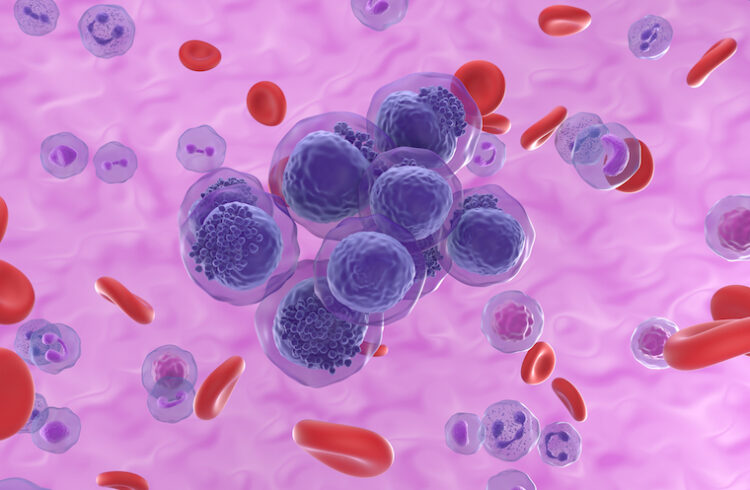
Dorian A Rosen, PhD, (left) and Alban Gaultier, PhD, found last year that fluvoxamine may stop the deadly inflammation known as sepsis. The drug is now being tested as a protective measure for patients with COVID-19.
At-risk people diagnosed with COVID-19 across the United States and Canada can participate in a clinical trial testing whether a common drug can keep them from getting sicker and keep them out of the hospital.
The trial, conducted by Washington University School of Medicine in St. Louis, is based on a discovery by the University of Virginia School of Medicine’s Alban Gaultier, PhD, and a former graduate student, Dorian A Rosen, PhD.
Gaultier and Rosen found last year that the antidepressant fluvoxamine may stop the deadly inflammation known as sepsis, in which the immune response spirals out of control. The drug’s apparent benefit for dampening dangerous inflammation prompted the Washington University researchers to begin investigating its potential benefit for COVID-19, which can also cause dangerous overreactions of the immune system.
“If this clinical trial is proven successful, fluvoxamine could become a standard treatment for patients newly diagnosed with COVID-19, especially patients at risk,” Gaultier said. “Even the best vaccines do not protect 100% of the population, and discovery of safe and affordable treatments to prevent COVID-19-associated complications is critical.”
Fluvoxamine and COVID-19
Earlier this year, the Washington University researchers launched their first clinical trial of the drug in patients with COVID-19. That trial compared fluvoxamine with a harmless placebo in 152 adult outpatients. None of the 80 participants who received fluvoxamine became seriously ill after 15 days, while six patients who received placebo did. Of those six, four were hospitalized, for periods ranging from four to 21 days. One was on a ventilator for 10 days.
Based on those initial results, Washington University is now launching a much larger trial open to residents across the United States and Canada. The trial is seeking approximately 880 at-risk participants, age 18 and older, who have tested positive for COVID-19 and are experiencing mild symptoms.
Participants will be provided with either fluvoxamine or a placebo for approximately 15 days. No face-to-face contact is required; everything necessary will be sent to the participants’ doorsteps.
Contactless Check-Ins
The researchers will track the patients by videochat, email or telephone to determine if fluvoxamine provides a benefit and helps keep participants out of the hospital. During brief daily check-ins, trial participants will report their oxygen levels, blood pressure and temperature, along with whether they are feeling shortness of breath or have had any other problems.
The study team will continue to follow the participants for approximately 90 days after they have finished taking fluvoxamine or the placebo.
The trial is open to people who have at least one risk factor for severe COVID-19, such as being 40 or older, being part of a high-risk racial/ethnic group (such as African-American, Hispanic, Native American or biracial), or having one or more medical conditions such as obesity, diabetes, high blood pressure, heart disease, a lung disease or an immune disorder such as rheumatoid arthritis.
For more information about the trial, visit stopcovidtrial.com.
To keep up with the latest medical discoveries from UVA Health, visit the Making of Medicine blog.



